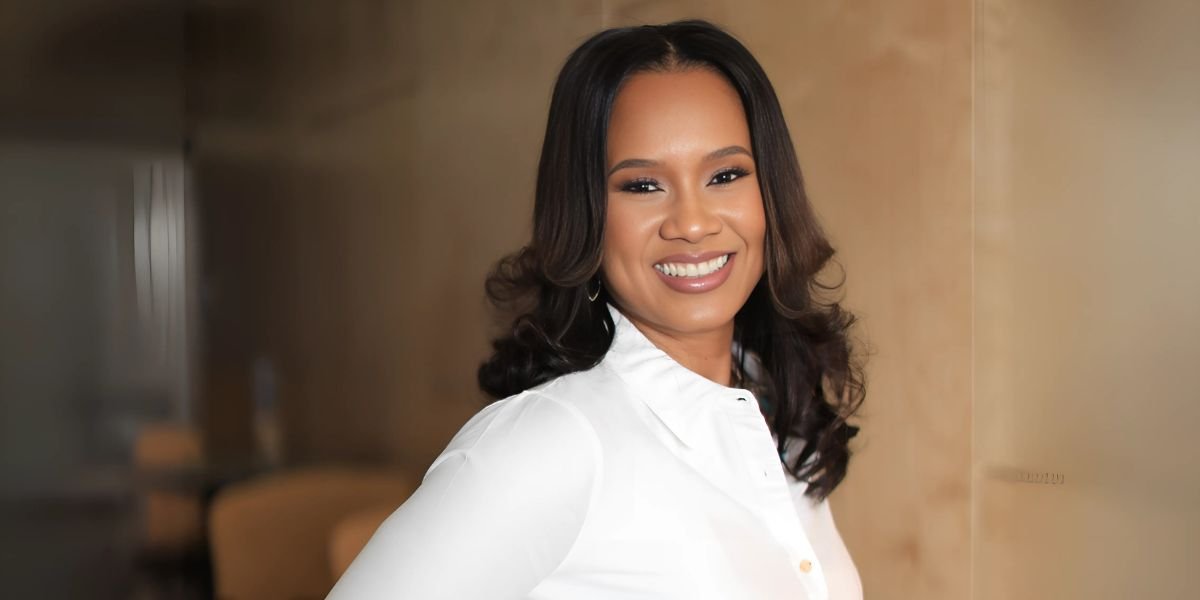The world of influencer marketing has undergone a radical transformation. No longer dominated by picture-perfect aesthetics and unattainable lifestyles, the influencer landscape is embracing authenticity, inclusivity, and the rise of the creator economy.
The Creator Economy: Empowering Niche Voices
The creator economy has democratized influence. Anyone with a compelling voice, expertise, and a dedicated following can establish themselves as an influential figure. Social platforms are empowering creators with tools to monetize their content directly. This has been a game-changer for niche creators who might have previously struggled for recognition. Sustainability experts, personal finance gurus, rare disease advocates, and enthusiasts of niche hobbies are finding their audiences and building profitable enterprises.
Diversification of Influencers: Representation Matters
The influencer community is becoming gloriously diverse in terms of race, ethnicity, gender identity, sexual orientation, body type, age, and ability. Audiences want to see relatable figures on their social feeds and are actively seeking creators they identify with. Brands are recognizing that inclusivity is not just a moral imperative but a key factor in resonating with a wider consumer base. This diversification is breaking down harmful stereotypes and leading to a more representative and empowering online space.
The End of the ‘Perfect’ Aesthetic
The heavily filtered and curated images synonymous with early influencer content are becoming less desirable. People crave connection and realism. Influencers who aren’t afraid to showcase their unvarnished lives, complete with struggles as well as successes, are the ones striking a chord with their followers. This shift prioritizes trust and transparency; influencers upfront about sponsored content and committed to brands they genuinely support are maintaining loyal audiences.
The Role of Short-form Video
Short-form video apps like TikTok and Instagram Reels have revolutionized the influencer space, enabling a more spontaneous and personality-driven approach. These platforms make it easier for niche creators to establish their expertise or showcase skills through engaging videos that don’t require extensive production.
Deeper Dive into Niche Communities
The creator economy has given a platform to individuals passionate about incredibly specific interests. Personal finance advisors share budgeting tips tailored to young professionals, skilled crafters provide detailed tutorials for their unique techniques, and lifestyle influencers promote philosophies like van-life with all its ups and downs. These creators cultivate highly engaged niche communities, leading to potentially higher ROI for brands seeking targeted audiences.
The Power of ‘Real Talk’
Influencers are increasingly tackling societal taboos head-on, opening up about mental health, body image, parenting struggles, and career uncertainties. This vulnerability builds strong influencer-audience relationships based on shared human experiences, normalizing conversations surrounding previously stigmatized topics.
The Evolving Brand-Influencer Partnership:
Brands are shifting from one-off campaigns towards long-term partnerships and co-creation models with influencers. This affords creators greater agency, leading to more authentic content that genuinely resonates with their audience. These partnerships, founded on shared values, benefit both brands and influencers in the long run.
As the industry matures, concerns about transparency and disclosure surrounding sponsored content are gaining attention. There’s an increasing call for ethical practices and the potential for greater regulation to protect consumers and maintain trust in influencer content.
As the creator economy evolves, we’ll likely see micro and nano-influencers gaining prominence, the continued emphasis on authenticity, a focus on community building, and a more nuanced approach to ensuring ethical practices within the industry.







